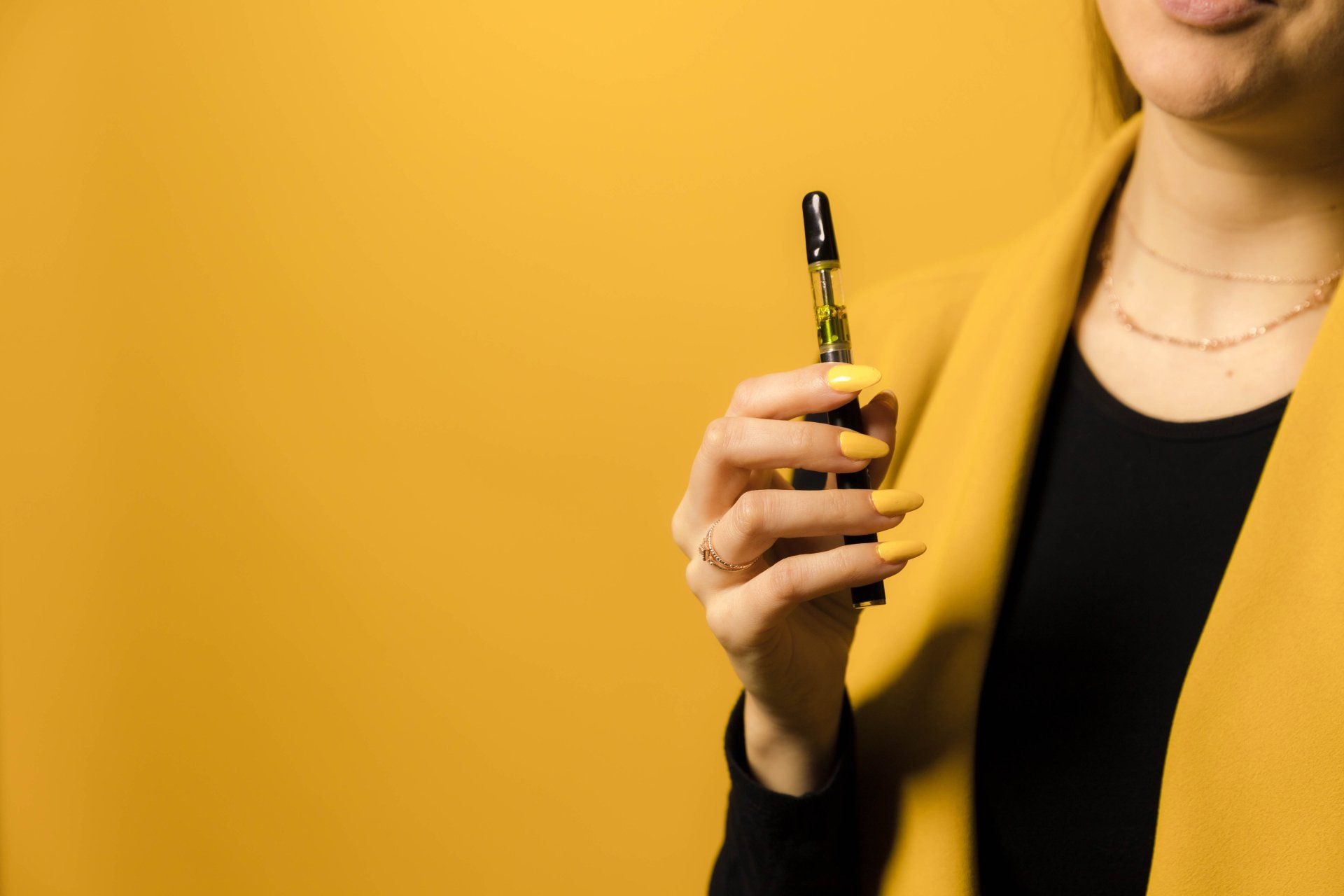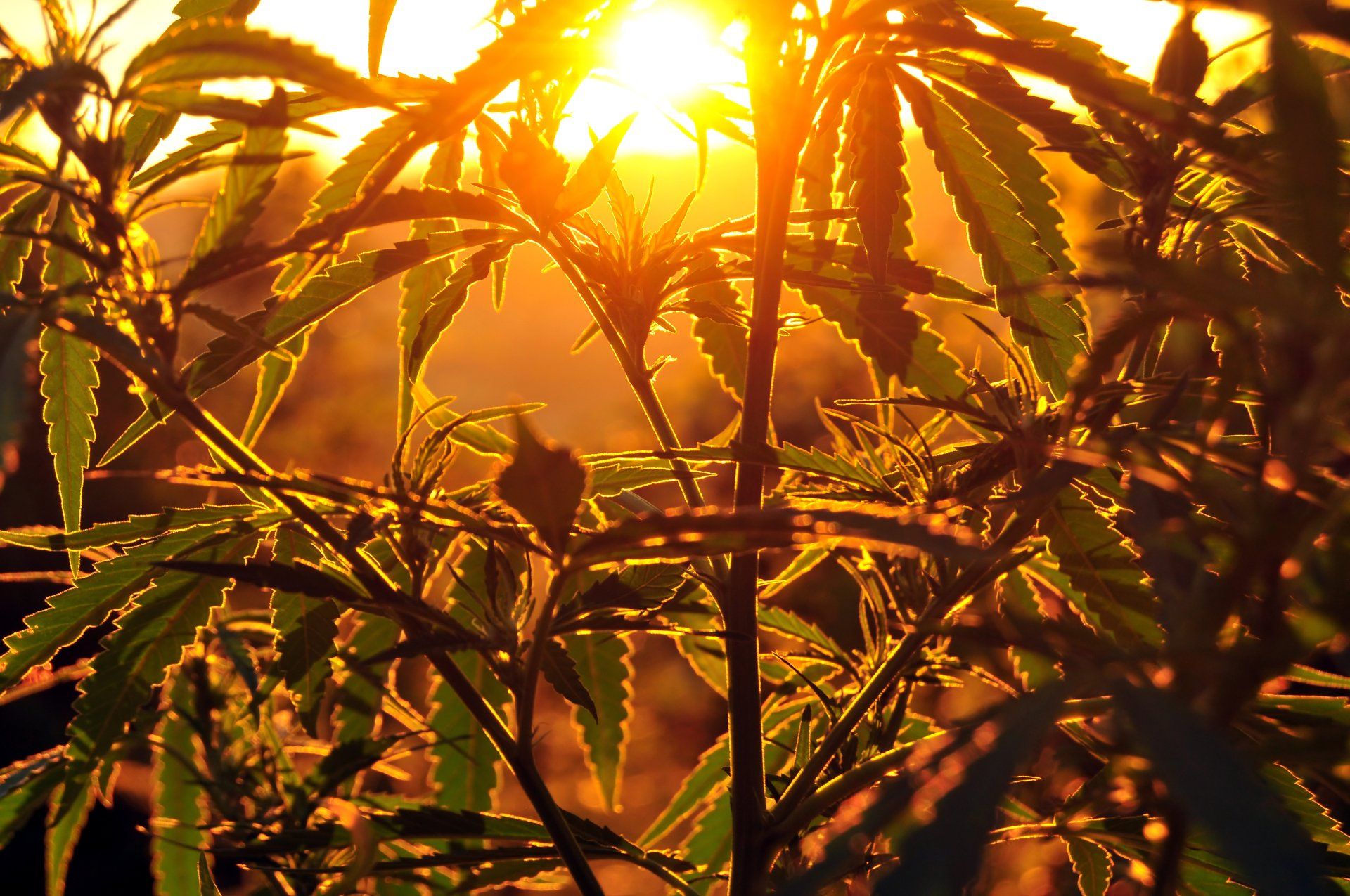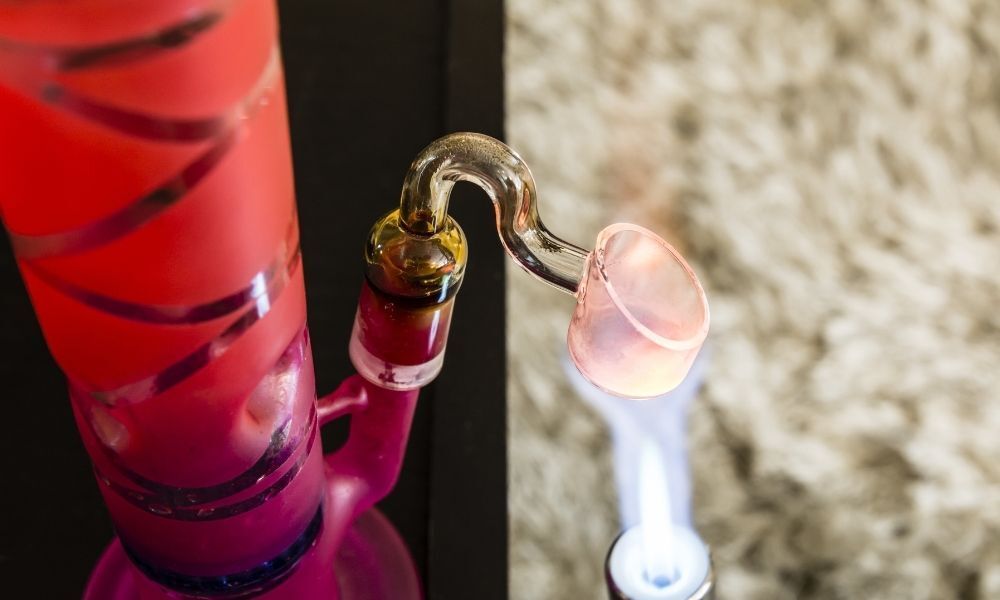We Recommend State Mandated Tested CBD Through A Licensed Medical Dispensary.
You might have seen it in your neighborhood health store, your local spa or your corner coffee shop. CBD, aka cannabidiol, is getting mixed into cocktails, lotions and drinks.
You might have seen it in your neighborhood health store, your local spa or your corner coffee shop. CBD, aka cannabidiol, is getting mixed into cocktails, lotions and drinks.
But what is CBD, exactly? Does it have real health benefits? Is it even safe?
To get a better understanding of the compound, TIME spoke to two scientists on the cutting edge of CBD research: Dr. Esther Blessing, an associate professor of psychiatry at New York University, and Margaret Haney, professor of neurobiology at Columbia University Medical Center and director of the university’s Marijuana Research Laboratory.
Blessing and Haney agree that the current evidence suggests that CBD shows promise for helping to treat some illnesses. In June 2018, the Food and Drug Administration (FDA) approved the first cannabis-derived drug — Epidiolex, which contains purified CBD — to treat certain rare childhood seizure syndromes. However, much of the research on CBD is only in very early stages, and scientists still don’t know a lot about it — including whether it has negative long-term effects.
On top of that, the CBD that is available in shops and online is not regulated by the government — which means it might contain other ingredients, or not even any CBD at all, Blessing says. Haney warns that much of the CBD on the market could be “snake oil.”
Here’s what you need to know about CBD.
How is CBD different from marijuana?
The drug marijuana, which is also known as weed or pot, is the leaves and flowers of the cannabis plant.
Cannabidiol is a naturally occurring compound that is found in cannabis plants. CBD can be extracted from the same plant as marijuana, or from hemp — another cannabis plant that is now legal in the United States.
Hemp has very low levels of another cannabis compound, tetrahydrocannabinol (THC) — the main psychoactive compound in marijuana. Evidence suggests that THC — not CBD — causes the symptoms people associate with getting high on marijuana, Blessing says. Unlike marijuana, which the CDC argues is addictive, CBD also doesn’t seem to be, according to the World Health Organization.
What is CBD oil?
In theory, CBD oil should consist of two main ingredients: the compound cannabidiol dissolved in an oil made from hemp seeds or coconut.
However, all CBD products on the market (besides Epidiolex) are almost completely unregulated. Products might not contain the amount of CBD that is advertised, and might even contain undesirable ingredients, such as THC, Haney says.
Patients who take CBD without knowing what they are getting are “just throwing their money away,” Haney says.
“It’s unfortunate that there aren’t many options for consumers to ensure that CBD they buy is safe – or even has any CBD in it,” Blessing says.
Does CBD oil have health benefits?
Companies that market CBD oil make a wide variety of claims about it. However, scientists and doctors emphasize that the research on CBD is limited, and has been slowed in the United States by federal restrictions.
Scientists say that there’s a growing body of evidence that CBD can treat other illnesses besides seizure syndromes, but they emphasize that scientific research is in its very early stages.
CBD is in early clinical trials for treating post-traumatic stress disorder (PTSD) and schizophrenia, says Blessing, who is currently studying whether CBD could be used to treat PTSD in people with alcohol use disorder.
Blessing says that CBD shows a lot of promise, and that she is frustrated that the federal government makes it so difficult for scientists to obtain different strains of CBD. “It’s my opinion that the government should step up, so we can do clinical trials and get this out to people,” Blessing says.
Blessing says that she first became interested in CBD because she saw it being used in early trials to treat people with psychosis. She explains that unlike FDA-approved antipsychotic medications, which can cause weight gain and other side effects, CBD doesn’t seem to have any major side effects.
Other evidence suggests that CBD could also be used to treat anxiety, but it has been tested only in animals and in very early clinical trials on humans.
Haney says she believes that CBD shows promise to help treat the cognitive symptoms associated with HIV and Alzheimer’s, and to treat neuropathic pain (pain from damage to the nervous system, which can be caused by diabetes, chemotherapy or HIV). Research is ongoing in all of these areas.
However, Haney emphasizes that a lot still isn’t known about CBD — including the effects of long-term use, how it acts on the brain or its impact on brain development.
Why do people use CBD products?
Scientists are looking into a wide range of uses for CBD. However, Haney and Blessing say that except for the medicine Epidiolex, there’s only been a limited amount of research to suggest that CBD can be used to treat other illnesses.
Although most scientists agree that a lot more research is needed before CBD can be prescribed to patients, for some people who are selling CBD, personal experience and word of mouth is enough to convince them that it is effective.
Lisa Richards of Denver, Colorado is a longtime yoga teacher and the co-founder of L’eela CBD Body Care, which sells CBD capsules and serums. Richards says that her own experience with CBD has convinced her that it is effective.
“I’m a believer, obviously. I can say, absolutely, for myself this works,” Richards says. “I have arthritis in my knee. If I don’t take CBD, I’m going to feel it come back in a day or two.”
Richards says that she prefers to use products in which she can actually identify the ingredients.
“In my mind, simpler is better. If I can’t pronounce it, if I can’t tell what it is, I stay away from it,” Richards says.
Haney, however, warns that consumers should be careful about the personal testimonies and anecdotes companies offer. “It’s important to be aware of the enormous placebo effect,” says Haney. The claims marketers make are “not based on science.”
Is CBD legal?
CBD is in a legal grey area. CBD that is extracted from hemp (which must have an extremely low level of THC) has only been legal nationwide since the Agriculture Improvement Act — better known as the Farm Act — was passed in December 2018.
CBD that is extracted from other cannabis plants is still illegal on the federal level, but may be legal under state law.
However, businesses can run into trouble when they make false claims about the health benefits of CBD, or when they add CBD to food.
In recent months, both cities and states have moved to control how CBD is sold. Maine and New York City have moved to crack down on edible products containing CBD. New York’s health department confirmed to the New York Times that it has started ordering restaurants to stop selling CBD-laced food because it has not been “deemed safe as a food additive.”
Companies also can’t legally make unproven health claims about CBD.
Blessing says she’s concerned that some people buying unregulated CBD have a “real medical need” and won’t seek proven methods of treatment.
“They might be taken for a ride by people who are marketing unregulated forms of CBD and not get the treatment they need,” Blessing said.
What are the risks of using CBD oil?
The current evidence suggests that the active ingredient in CBD oil is safe, says Blessing, although it could have serious interactions if it is taken with other medications.
Haney says that more research is needed to determine whether there are long-term effects, or if it affects brain development.
“There’s nothing damning; we really just don’t know,” Haney says.
However, Blessing and Haney emphasize that products that are being sold as CBD are almost completely unregulated. Some products might even contain THC, which can interfere with medications and cause unwitting users to get high.
Should you try CBD?
While Blessing and Haney both say that CBD shows a lot of promise, they agree that the CBD products on the market (excluding the seizure drug Epidiolex) are suspect.
Blessing says that anyone considering trying unregulated CBD should definitely talk it over with a doctor, and be as well informed about it as possible.
“Take the time to get the best information you can. It’s a complex subject. The details really matter,” said Blessing.
Blessing emphasizes that there are many factors that can impact CBD’s effects. Too little CBD may have no effect at all. Additionally, the way it’s administered — as a cream, oil, pill or tab under the tongue — could weaken its effects.
Available CBD products meant to be taken orally (besides Epidiolex) generally have poor “bioavailability,” says Blessing, “so only a small fraction of CBD you swallow makes it into your bloodstream.”
Haney warns that people should approach companies that sell CBD with skepticism.
“Because it’s not regulated, nobody is really checking what it contains,” Haney says. “There is no source of CBD I can recommend.”
See original article here: http://time.com/5516745/cbd-oil-legal-healthy/?utm_source=emailshare&utm_medium=email&utm_campaign=email-share-article&utm_content=20190315

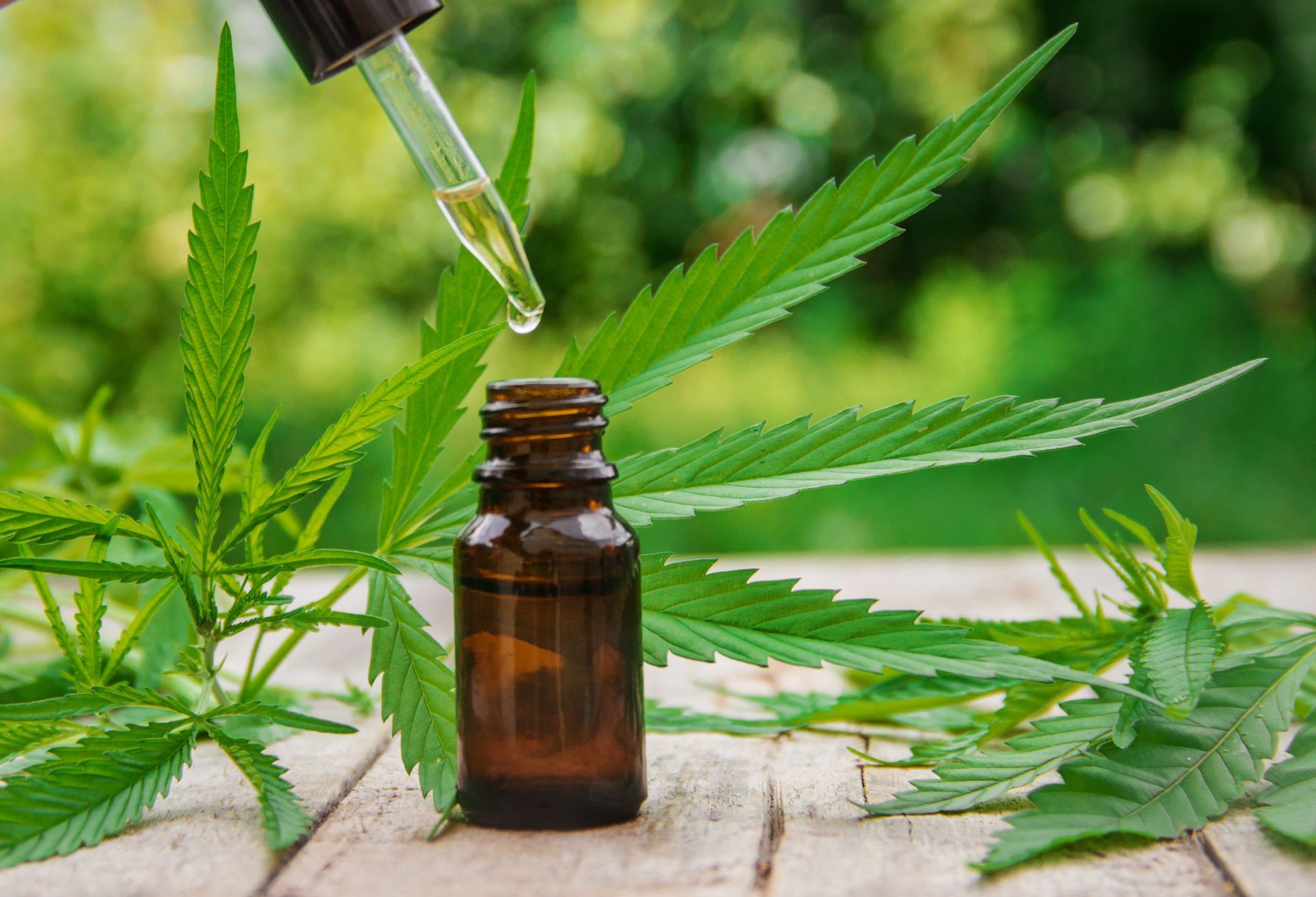
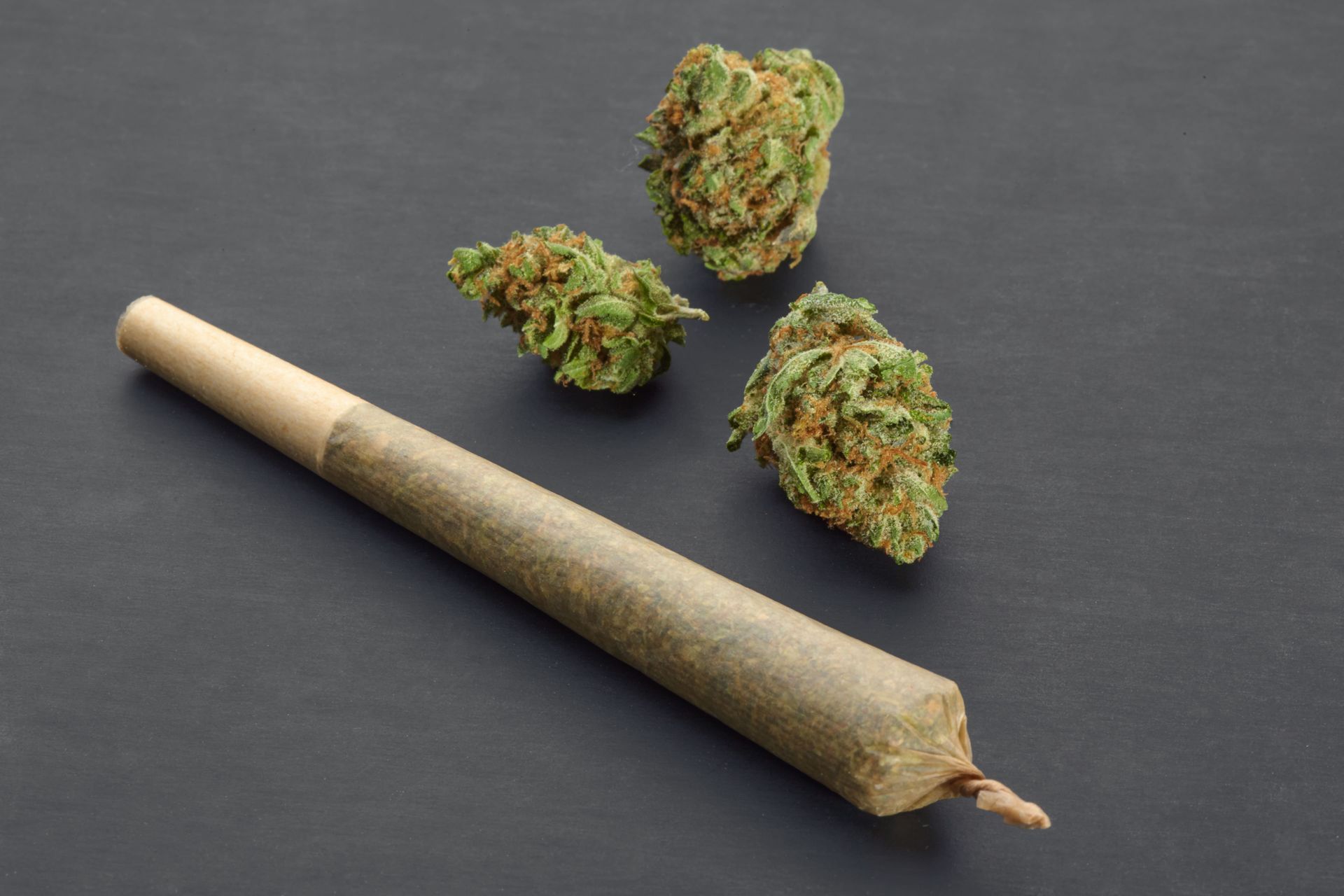
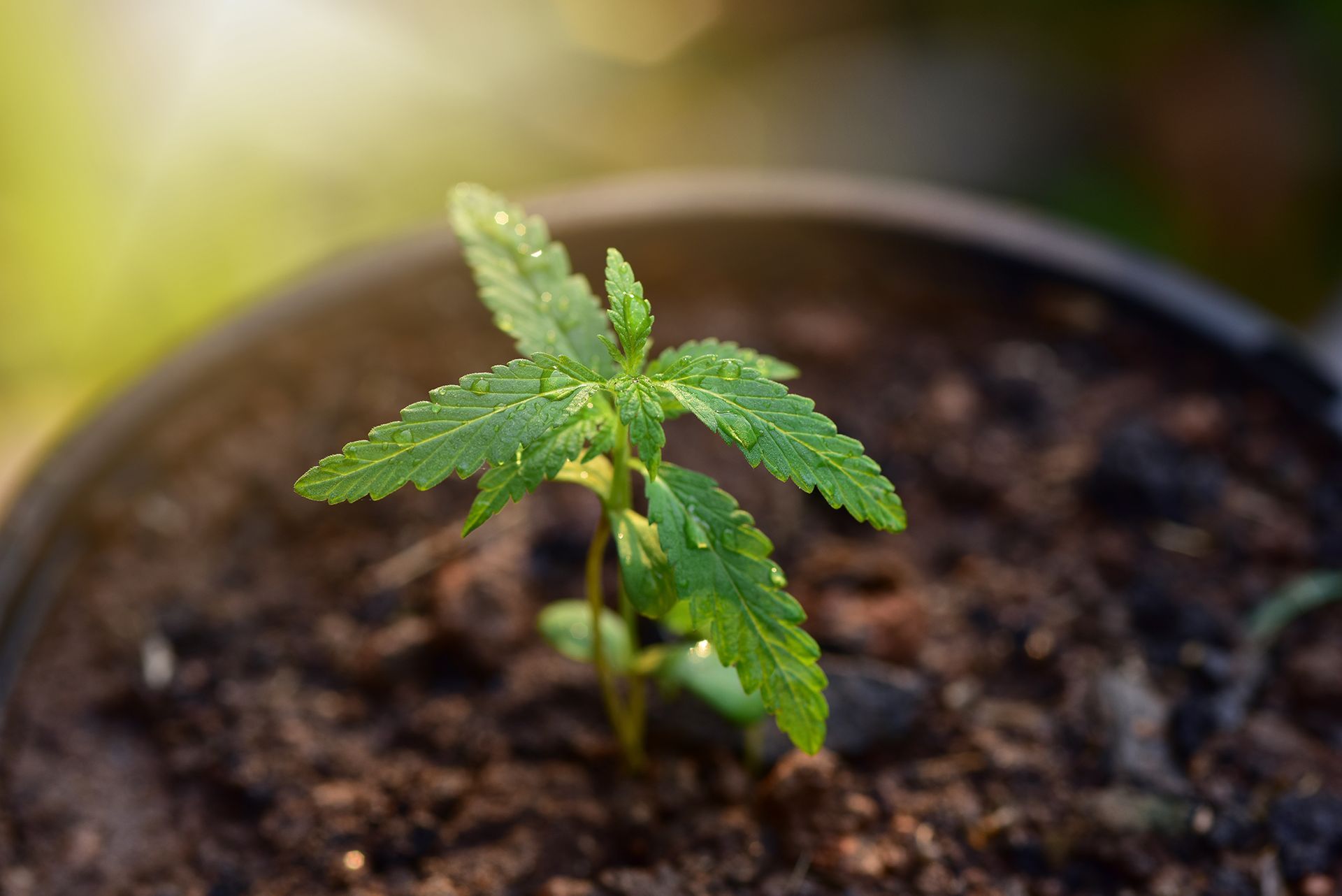
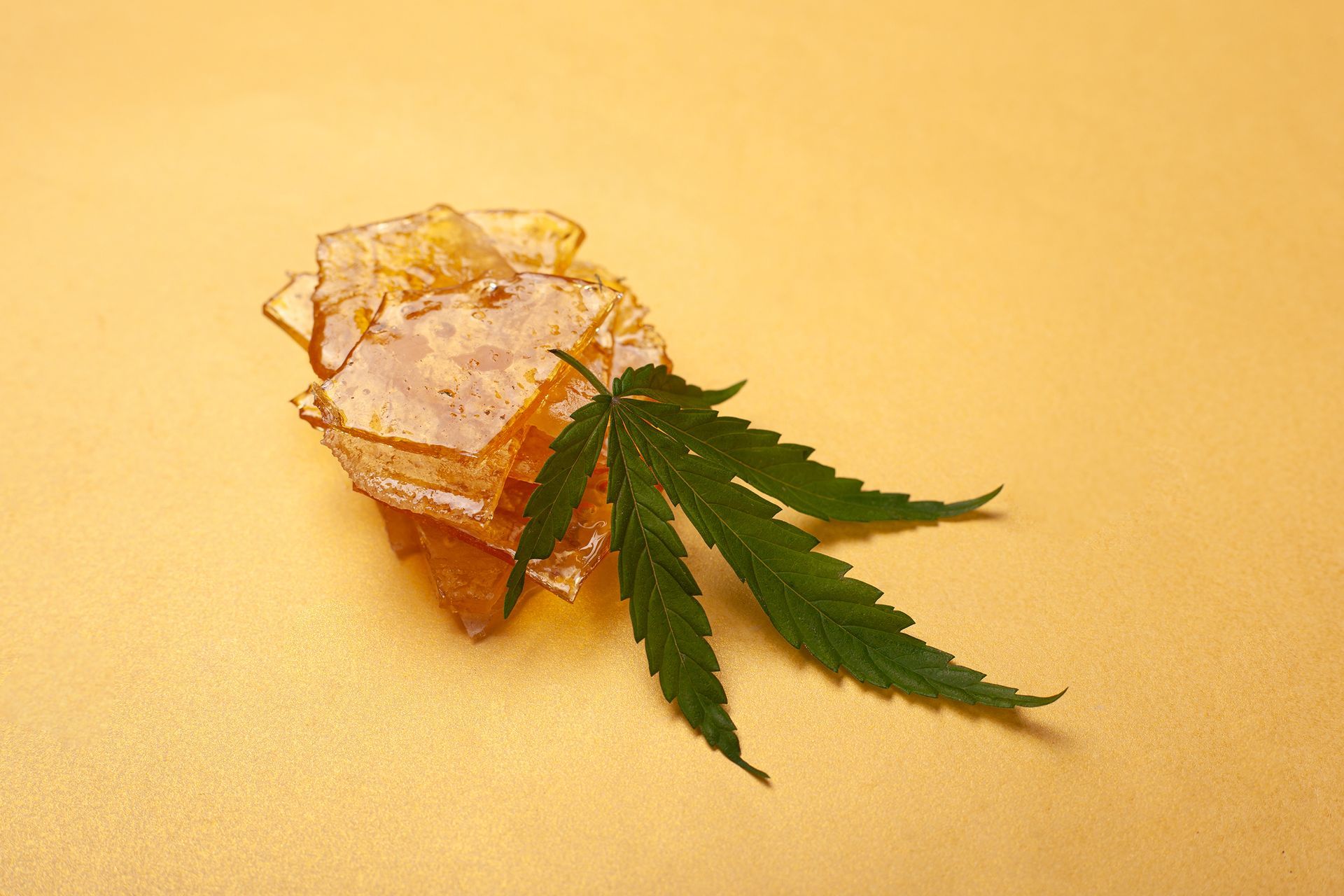
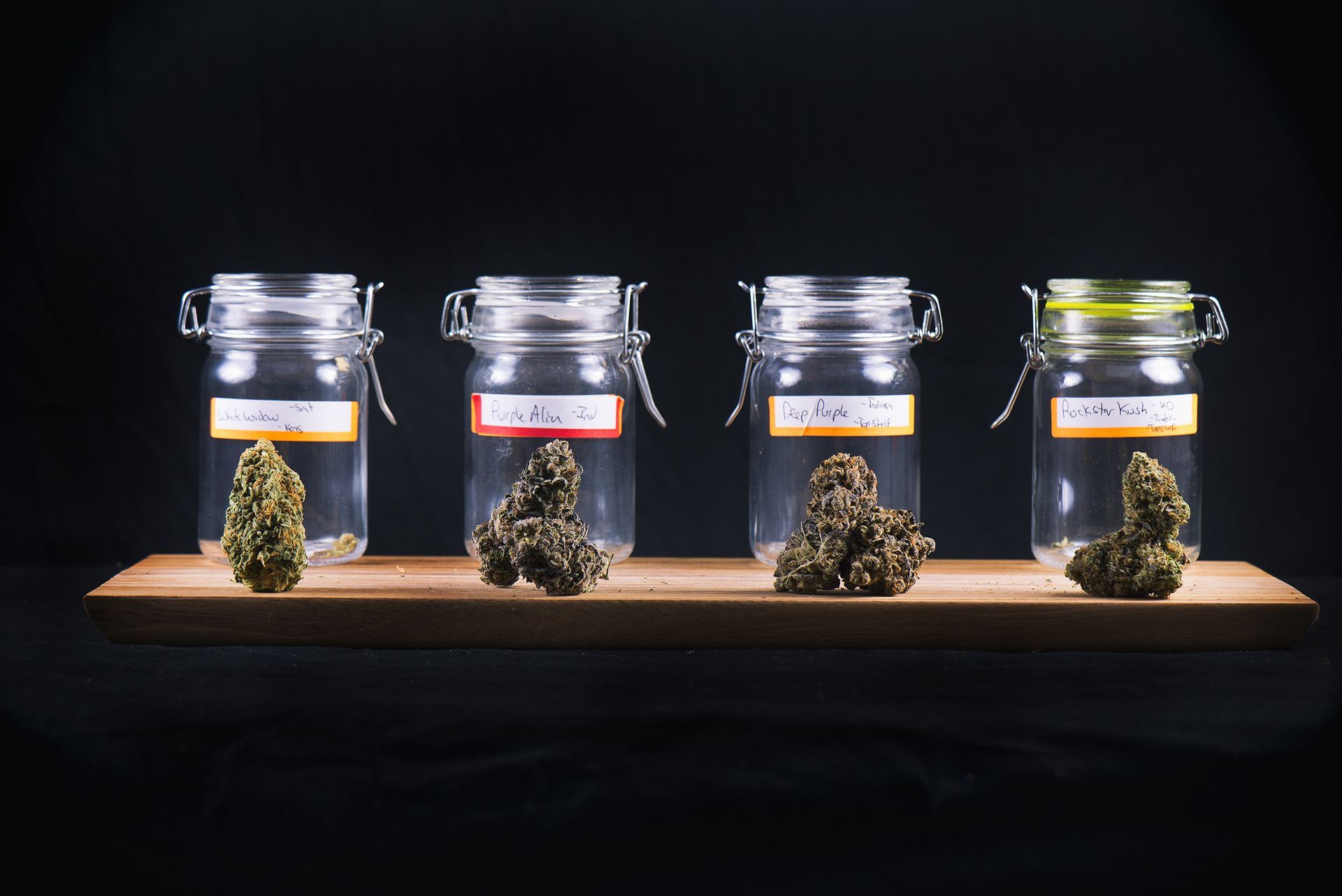
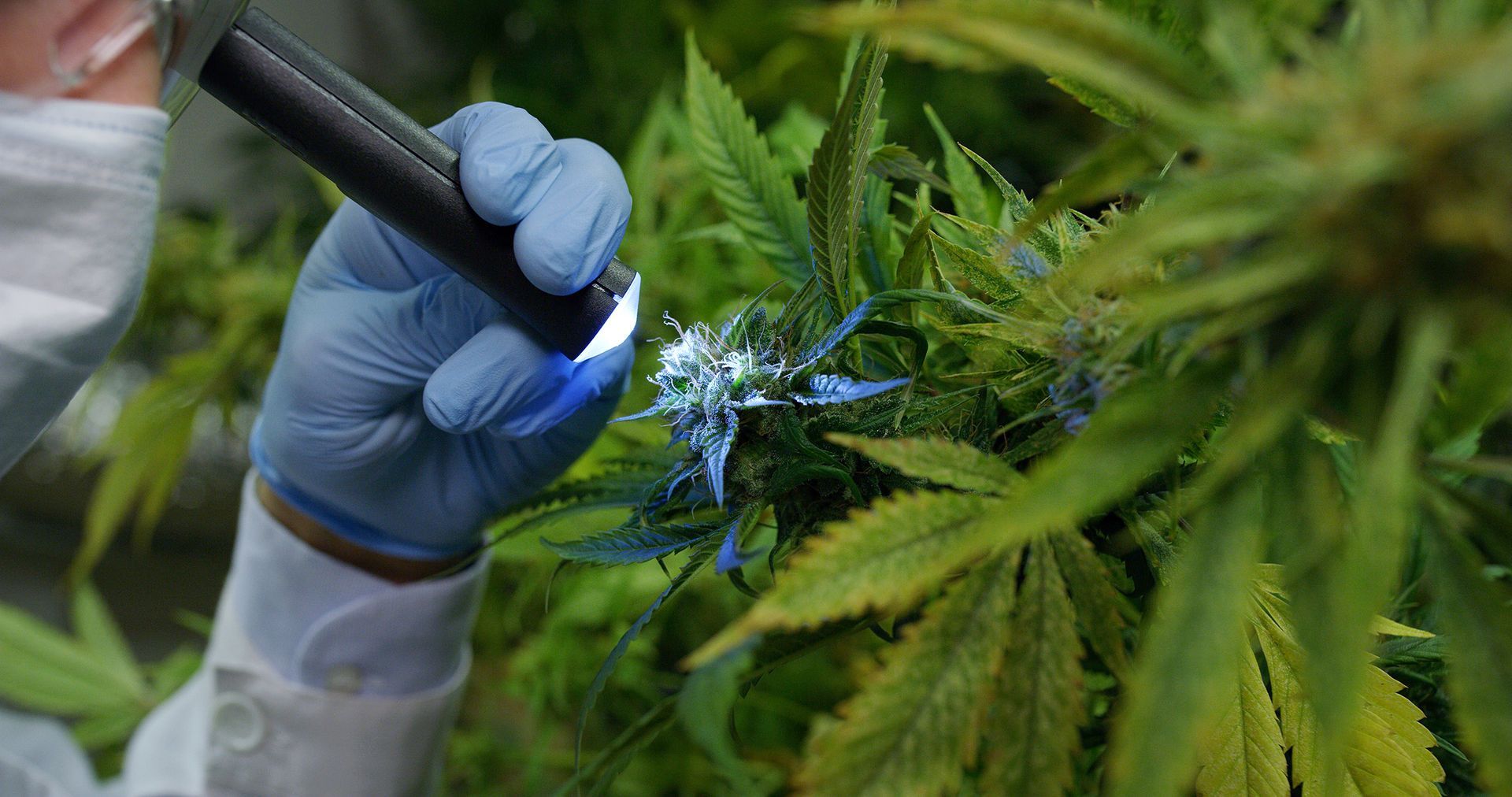



OUR HAPPY CUSTOMERS

"LOVE THIS PLACE! My favorite dispensary ever. The customer service is always fantastic, the atmosphere is friendly and comfortable, and the products are always up to par. I can't stress enough that this is by far the best dispensary in and around Fort Collins."
MashIt
"Best spot in town, they have the best prices and the best staff! So friendly so fast. I WON'T go elsewhere. Loyalty system is top notch!"
FabuFit
"This is my favorite dispensary in the area. They definitely have the happiest, most friendly employees I've come across, and the selection is good."
YesSuits
Store Hours:
COLFAX
MON-SAT:
10A-8P
SUN
10A-7p
FT. COLLINS
SMOKEY ST
MON-SAT:
9A-8P
SUN
9A-7p
FT. COLLINS
MASON ST
Mon-Thu
8a-10p
Fri-Sat
8a-11p
Sun
9a-9p
WHEAT RIDGE
MON-SAT:
9A-8P
SUN
9A-7p
All Rights Reserved | Solace Meds


